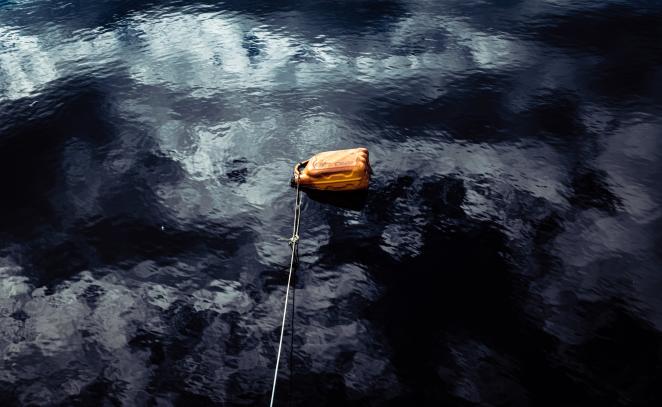
The TREASURE Living Labs
The innovation of this project lies in the integrated cross-sectoral approach, which is needed to successfully identify, prevent, and remove litter from inland waterways. We address four interrelated thematic pillars (TP):
Governance & policy: Improve multi-level governance for effective cooperation by actors along water systems and improve policies at different levels for waste prevention.
Data collection & analysis: Use surveying and observation methods, e.g. citizen science, drone technology, to expand knowledge about composition, distribution and sources of waste, and harmonise methods.
Prevention & behaviour change: Educate and train target groups in industry, government and the public on the need and opportunity to reduce plastic spillage and implement interventions for litter prevention (e.g. recreational and scientific waste collection).
Removal of plastic waste: Apply different techniques for the collection and removal of plastic debris from rivers and harbours to get insight in their (cost) effectiveness.
The core of the project consists of Living Labs at different river-sea interfaces e.g. the Frisian Peninsula (DE), Dutch deltas (NL), Nieuwpoort Yser estuary (BE), French ports and harbours (FR), and Westcoast watersheds (DK).
Each region implements a combination of policy, data collection, awareness, and removal activities to develop robust, practice-based solutions to reduce riverine waste that can be used across the North Sea region.

The TREASURE Team
15 partners from 5 countries
The partnership is made up by experts from different sectors and regions, collaborating locally but also transnationally through regular exchange between the planned living lab locations. The partners were selected based on relevance and know-how to successfully address the problem in each of the specific regional contexts. Focus was placed on a balanced mix of different types of organisations, i.e. local & regional authorities, public agencies, water boards, NGOs, enterprises, and research institutes. Each of the partners will also draw on their existing stakeholder network within their respective living labs and thus, the project can ensure a broad and cross-sectoral range of stakeholders, which is needed to successfully reduce plastic pollution.
